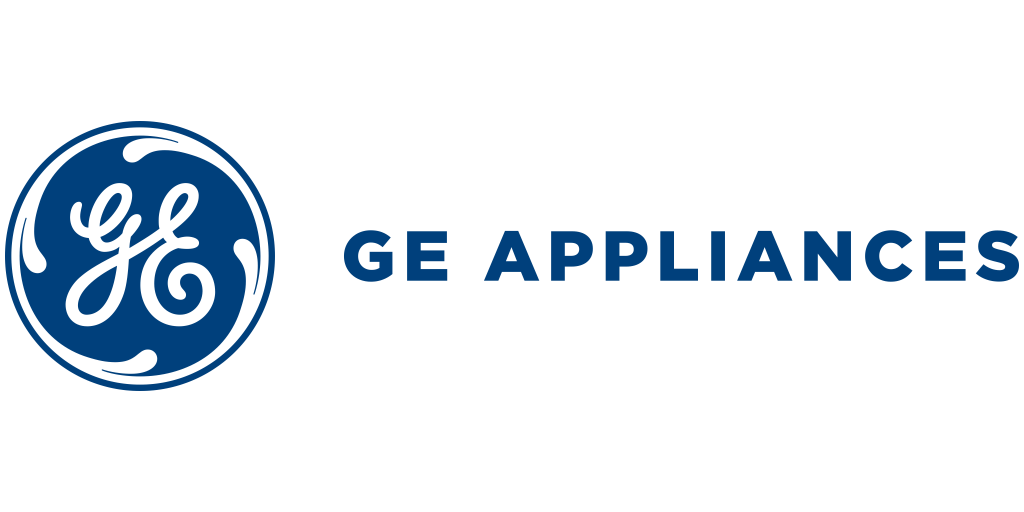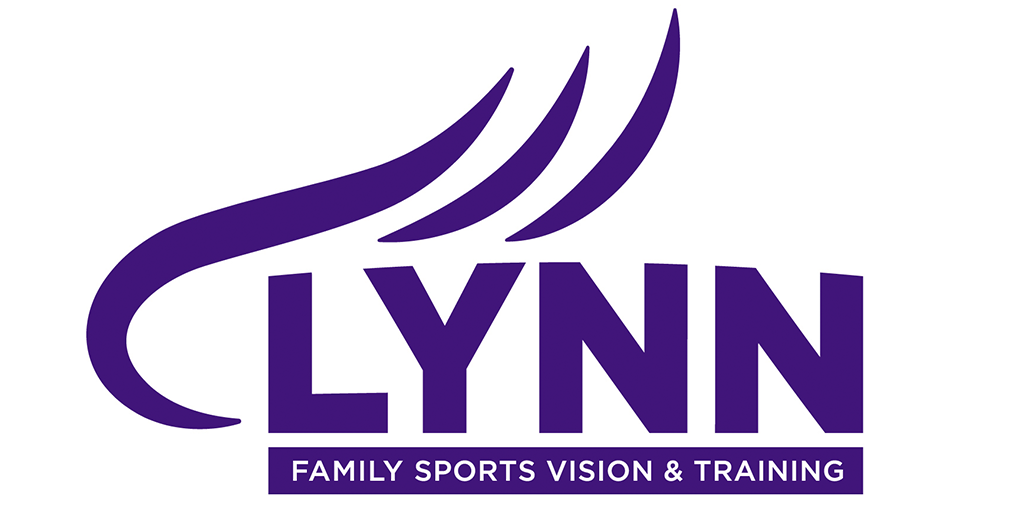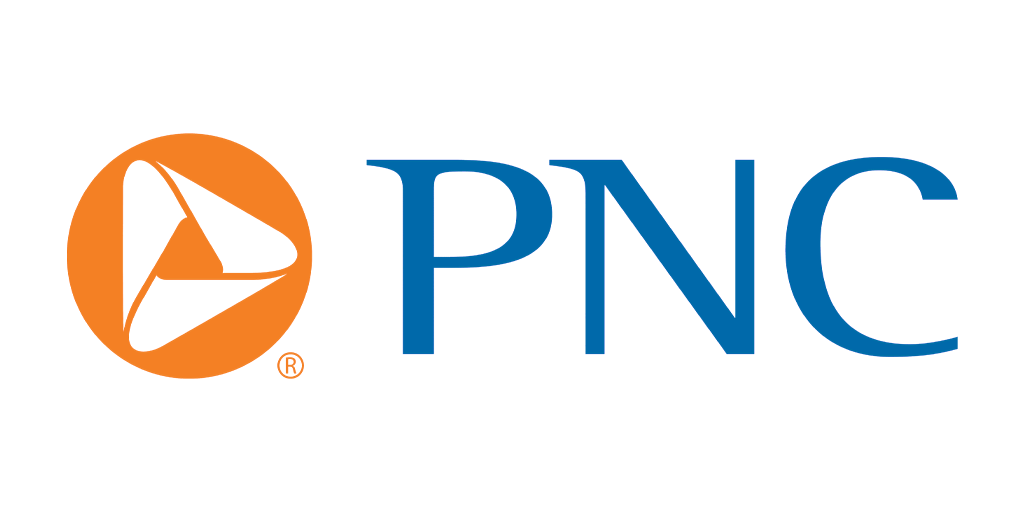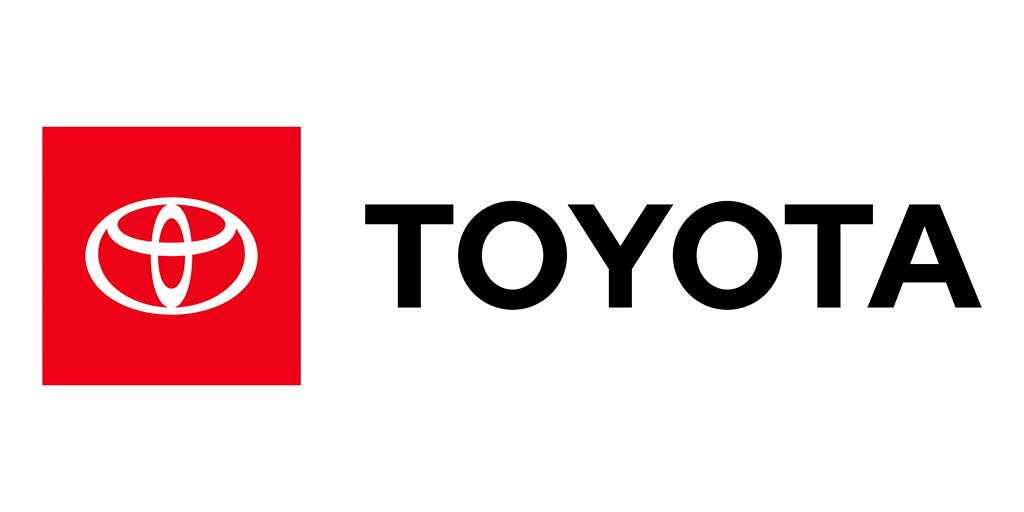
Release provided by Sport Impact Group Louisville:
A small company in Louisville is making The Women’s Cup the first carbon-neutral soccer tournament in the world, positioning the city as a global reference for the future of sport.
Sport Impact Group Louisville (SIG), formed in 2020 in response to the city launching a top-tier pro women’s soccer team, announced Tuesday it will measure the carbon footprint of this week’s event in Louisville and provide the offsets necessary to make the event carbon-neutral.
“Individual soccer matches all the way up to English Premier League level have been operated as carbon-neutral, but The Women’s Cup is the first tournament,” said SIG co-founder Mae Marks. “It took discussion and collaboration with everyone involved, but it wasn’t that hard, and it wasn’t that expensive. We want to demonstrate that these methods should be baked in to every outdoor sporting event. Because sport is disproportionately affected by climate change, it’s natural that sport should lead the way.”
SIG reached out with the idea earlier this year to the owners of The Women’s Cup, a new tournament that brings top-level teams from around the world to play at Lynn Family Stadium, and Racing Louisville FC, the local team that won the tournament’s inaugural trophy last year.
“Everyone we asked provided the data to predict the cost of purchasing offsets for this year’s tournament, including energy usage and travel data,” Marks said. “We received total cooperation from those involved, including the owners of the tournament and the stadium. This is a huge win for women’s soccer, for the city, and for the planet.”
SIG was formed two years ago with a vision to increase the impact of having Racing Louisville FC in town. Co-founders Marks and Jan Winter are a mom-daughter team that has worked together before.
“We both love soccer,” Marks said. “I grew up playing the game, which gave me the same opportunities as my twin brother. Jan was a soccer mom who went on to work in the sport at the state, national, and international levels. These days, we’re big supporters of Racing and of Louisville City (men’s team). We deliberately chose the world’s favorite game for setting this example.”
The Women’s Cup is owned by a group of Miami-based soccer and entertainment professionals including John Paul Reynal and Jaime Phillips. This year the tournament features teams from Mexico, Japan, Italy and England playing against Racing and Seattle’s OL Reign, which stars recent Medal of Freedom winner and U.S. Women’s National Team leader Megan Rapinoe.
Carbon neutrality is achieved by increasing energy efficiency, reducing waste, and using renewable energy as well as investing in projects such as reforestation that reduce global levels of greenhouse gas.
“Offsets aren’t perfect, but they are acceptable for now,” Marks said. “We will continue to work with the teams and owners to take steps to reduce the overall carbon footprint.”
SIG’s operating model is to form collectives of interested parties who work together to solve problems. SIG’s sustainability collective includes Louisville design agency Kale + Flax and nonprofit Canopy, which guides Kentucky businesses toward achieving measurable social and environmental good through a certification process. SIG’s next effort will involve the intersection of health technology and sport technology.
The collective is also hosting all six teams in this year’s tournament for a private tour and reception at the Muhammad Ali Center.
“Louisville took a long time to recognize the leadership of the original sport influencer, Muhammad Ali. His example inspires everything we do,” Marks said. “We think the next Ali — the next athlete to change the world — will be someone who identifies as female, and we want to be sure she has the platform to maximize her influence and impact.”
In any other year, the men’s World Cup would have been held in the summer. But temperatures in this year’s host country, Qatar, pushed the tournament to November and December. It will be the first World Cup to be produced as carbon neutral.
“We beat them by three months,” said Marks, smiling.










































































































































































































































































































